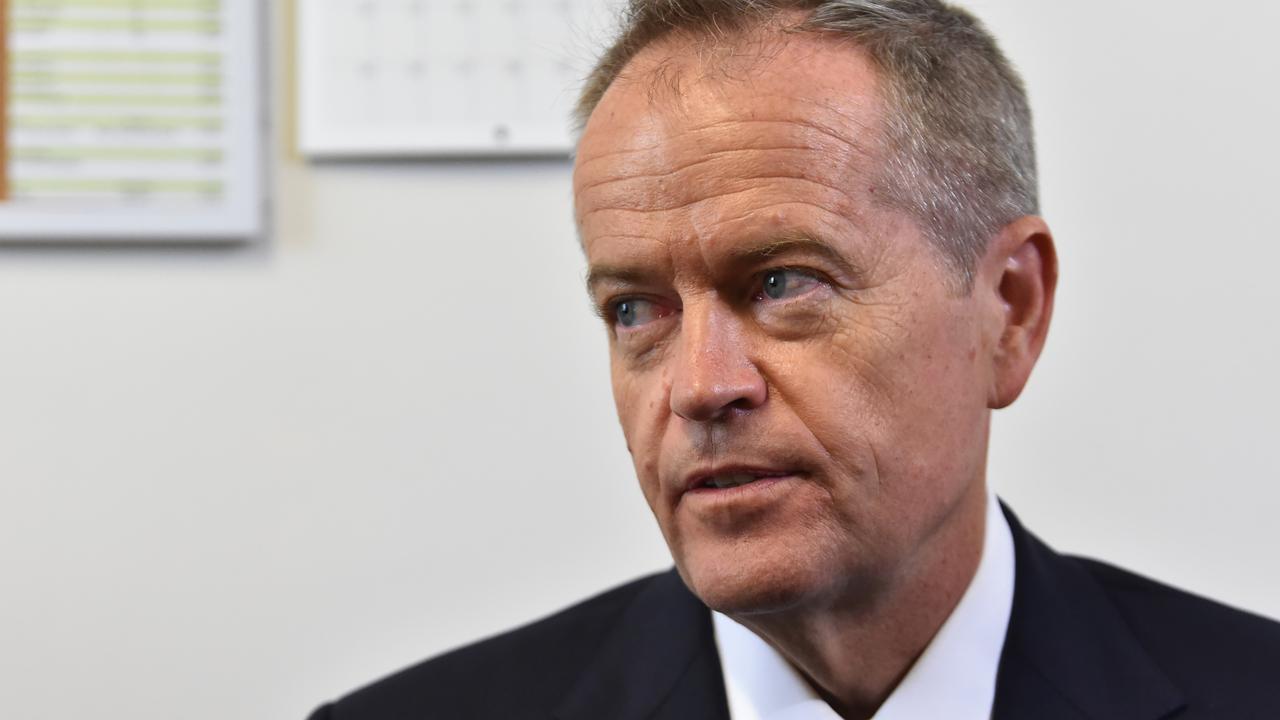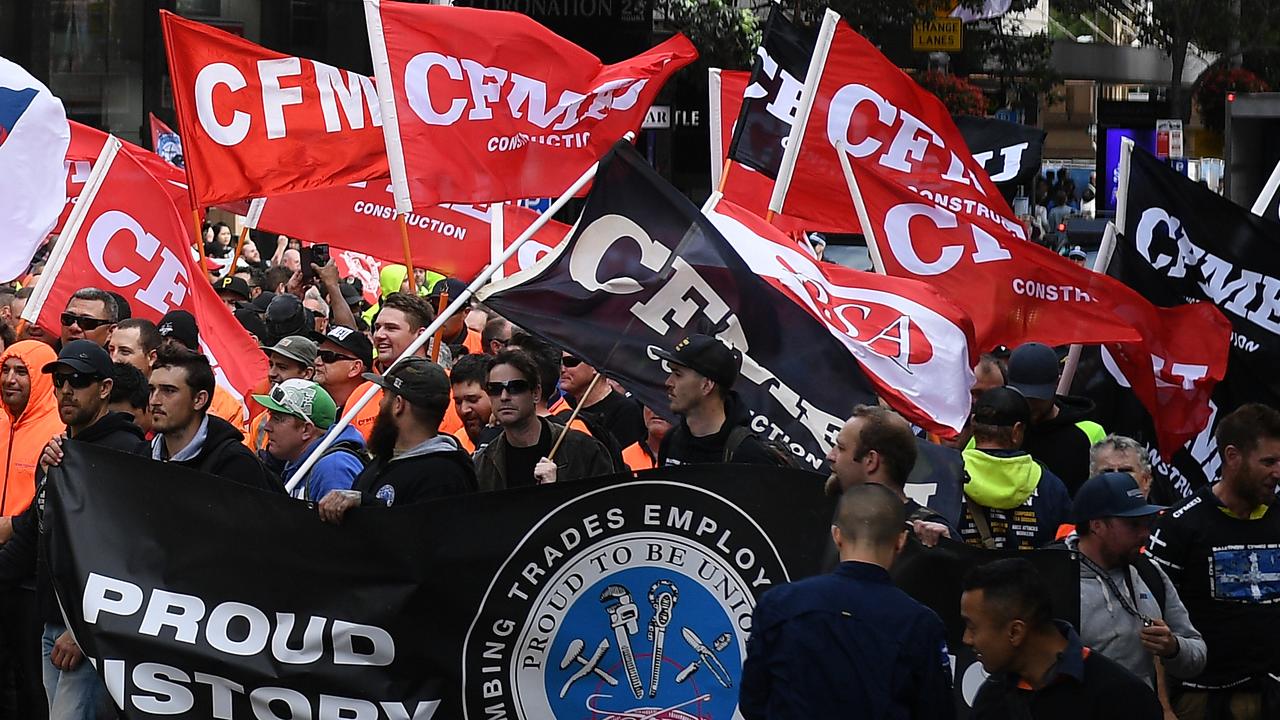Labor leaves low wage to Fair Work Commission
The federal Opposition has chosen not to make a submission to the independent umpire on the minimum wage.
The federal opposition has chosen not to make a submission to the independent umpire on the minimum wage and won’t echo the ACTU’s push for a $30-a-week rise to the minimum wage for 1.8 million low-paid workers.
While Labor made a submission to the Fair Work Commission last week on penalty rates, the opposition’s workplace relations spokesman Brendan O’Connor said yesterday the party would not intervene in the process to set the minimum wage.
“Labor has faith that the Fair Work Commission will provide a decent outcome,’’ he said.
Speaking after unions launched their submission to the Fair Work Commission’s minimum wage review, Mr O’Connor said “it is understandable that the ACTU is looking for a reasonable pay increase”.
“But we ultimately will rely upon the Fair Work Commission to take into account the fact that prices are going up, wages are stalling and … you have the federal government looking to cut penalty rates for low-paid workers insofar as their submission to the Fair Work Commission.”
Labor made a submission on the minimum wage last year, the first time it has intervened in the process in recent years. The national minimum wage is currently $17.29 per hour or $656.90 per 38-hour week. Casual employees covered by the minimum wage also get at least a 25 per cent casual loading.
The ACTU is seeking an above-inflation wage rise of 4.6 per cent week, as business groups pushed for “cautious” and “modest” rises.
The ACTU’s claim would take the minimum wage to $686.90 per week, or $18.08 an hour, on the grounds that Australia was seeing an “increasing underclass of working poor”.
ACTU secretary Dave Oliver said the $30-a-week rise was “vital if we’re to halt the alarming slide in living standards that is threatening the economic wellbeing of one in five Australians”.
But the Australian Chamber of Commerce and Industry has argued for a $7.90-a-week increase and industry lobby the AI Group argued for an increase of $10.50 per week, based on Australia’s “very high minimum wage” when looking at other comparable countries and “patchy” economic growth.
The AI Group cited “the fact that economic growth remains patchy across sectors and across locations, with aggregate business incomes, profits and investment still underwhelming.”
ACCI recommended “a cautious approach ... given current economic conditions, including low growth in non-statutory wages and national income”, opting to submit a rise of up to 1.2 per cent, bringing the national minimum wage to $664.80 per week.
The unions cited Australia’s 3 per cent economic growth, strong relative to other OECD countries, and the discrepancy between minimum wage levels and average weekly full-time earnings in their submission.
An independent submission from the United Voice union, which represents low-paid hospitality workers, recommended the panel adopt a target-setting approach similar to the Reserve Bank of Australia’s interest-rate-setting mechanism. “Australia is losing its distinctive, egalitarian minimum wage,” the United Voice submission said.
The Reserve Bank of Australia has forecast a rise in inflation of 1.5 per cent this year and a rise of 2-3 per cent next year.


